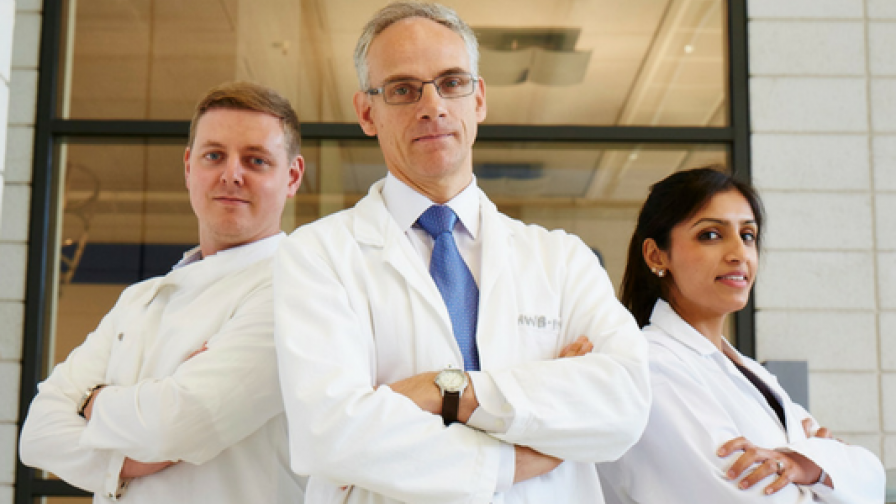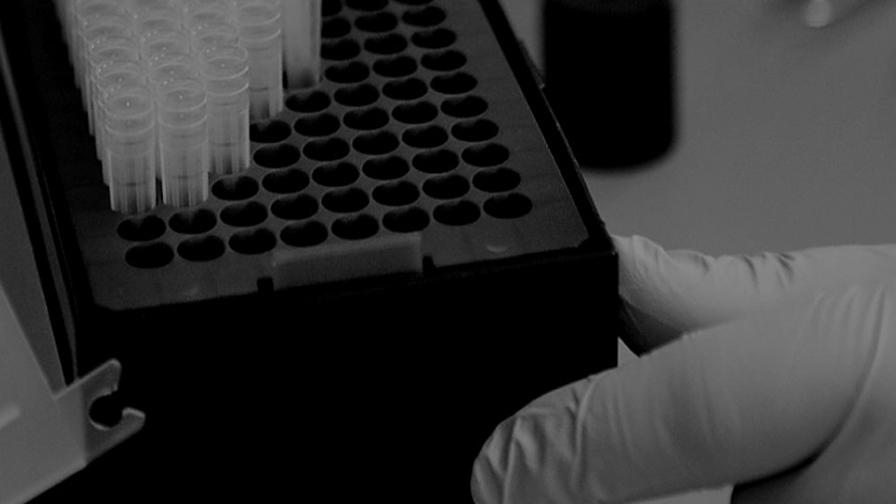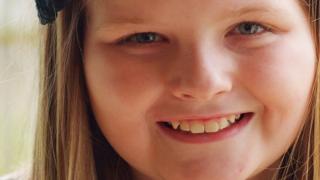
Brain cancer
Identifying the best treatment for each child
We’re currently funding the work of Professor Andrew Peet and his team at the University of Birmingham. Children with brain cancer have MRI scans routinely when they are first diagnosed. Professor Peet aims to use vital information from these scans to better predict how aggressive each child’s cancer is likely to be, much sooner and with greater accuracy.

Craniopharyngiomas
Developing new drug treatments for children
Unfortunately, current treatment for these tumours is not always effective and they often regrow following surgery and radiotherapy. Dr Carles Gaston-Massuet, of Barts and The London School of Medicine, has been working to try and identify new drug treatments for children with these devastating tumours, in the hope of improving their quality of life.

